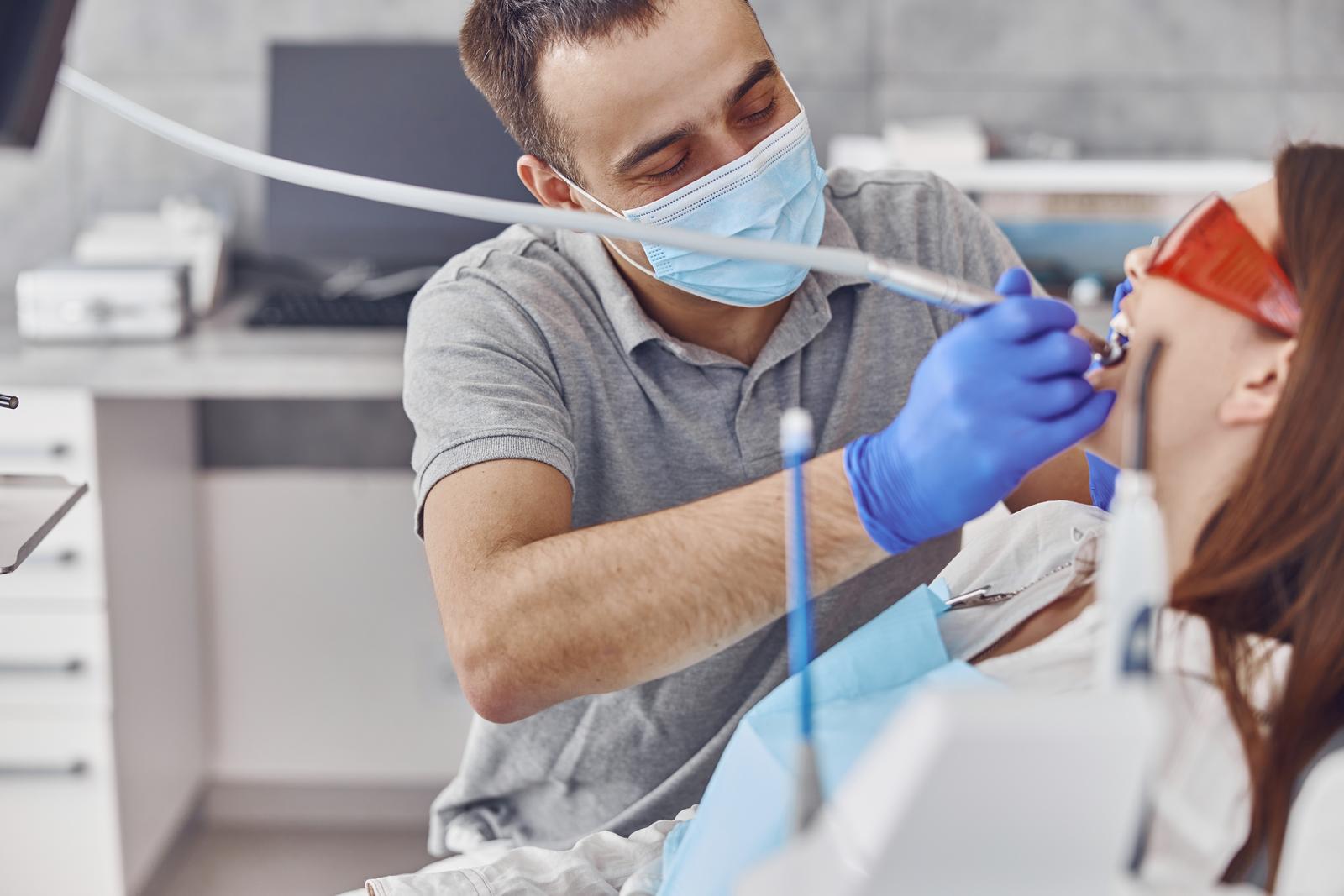
Brushing
Yet, many people have dental problems that they can prevent. It takes flossing daily, brushing twice daily, regular dental checkups, and eating a healthy diet.

Learning
Learning about common dental diseases and their causes can help you prevent them. Below, we examine the most common dental issues and how they can be prevented and treated.

Condition
This condition is also called halitosis and can be embarrassing. According to studies, a dental problem is a culprit in 85% of people dealing with bad breath.
Chipped teeth

Periodontal
Periodontal disease is a gum infection around the teeth and is a leading cause of tooth loss in adults. Some studies show that a link exists between heart problems and gum disease. Gum disease can affect anyone, but it is more common after age thirty. The symptoms include: Regular brushing, checkups, and flossing can prevent these dental problems. Consult a dentist when you notice the gum disease symptoms. Treatment can prevent issues like tooth loss.
Cavities
Cavities are a common issue, and they happen when sugars or starches from food mix with the plaque. The combination produces acids, which attack tooth enamel. Cavities can occur at any age. Normal enamel erosion and aging can also cause tooth decay. Tooth cavities can also occur due to dry mouth resulting from illness, age, or medications. You can prevent tooth decay by flossing daily, brushing twice a day, and visiting a dental clinic regularly. Also, avoid or reduce the intake of snacks and drinks with high sugar content.
Mouth sores
Throat and mouth cancer is a serious disease that affects millions of people. This dental problem is more common in people who have attained the age of 40. When noticed early and treated, oral cancer is curable. If you visit a dentist often, the professional can notice the signs of oral cancer early. Inquire from your dentist if an oral cancer examination is a part of the regular checkup. Some mouth sores can be bothersome, but you do not need to worry much about them unless they last over two weeks. They include: Thrush, also called oral candidiasis – Yeast infection sores, can occur in the mouth in infants, people with diabetes, people treated for cancer, and denture wearers. Aphthous ulcers (canker sores) – They occur in the mouth, not on the lips. They are not contagious, and many different causes can trigger them. Cold sores/ fever blisters – The Herpes simplex virus causes them, and they occur on the outer lips’ edge.
Mouth sores
Dental disease can affect your general health, self-confidence, and quality of life. Consult a dentist any time you notice signs of these common dental issues for prompt treatment.
